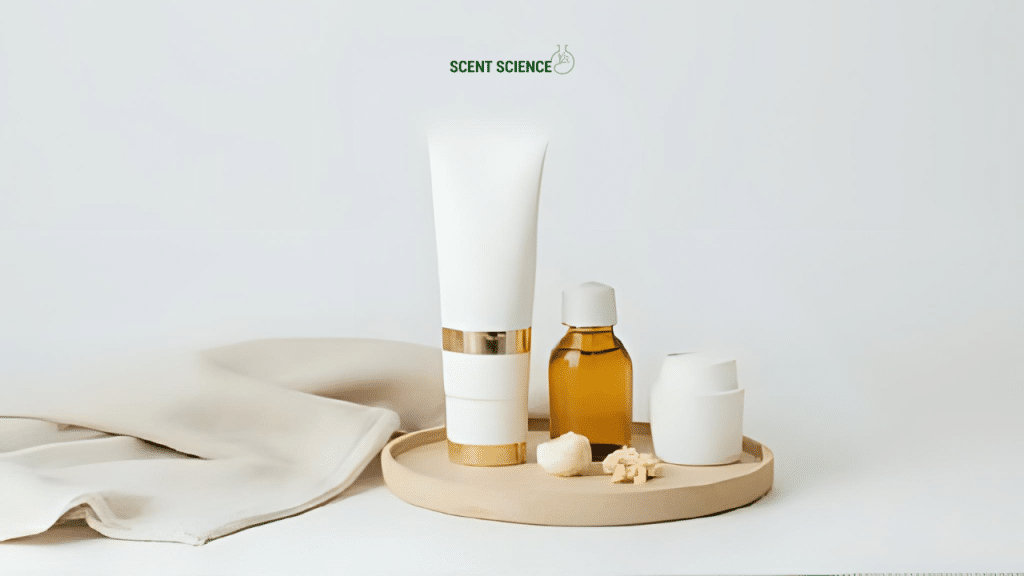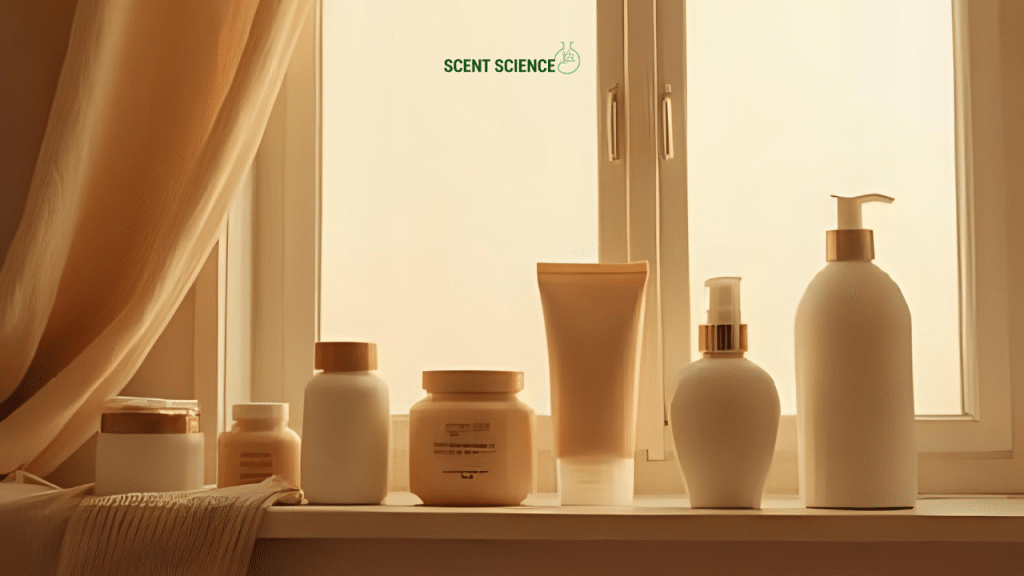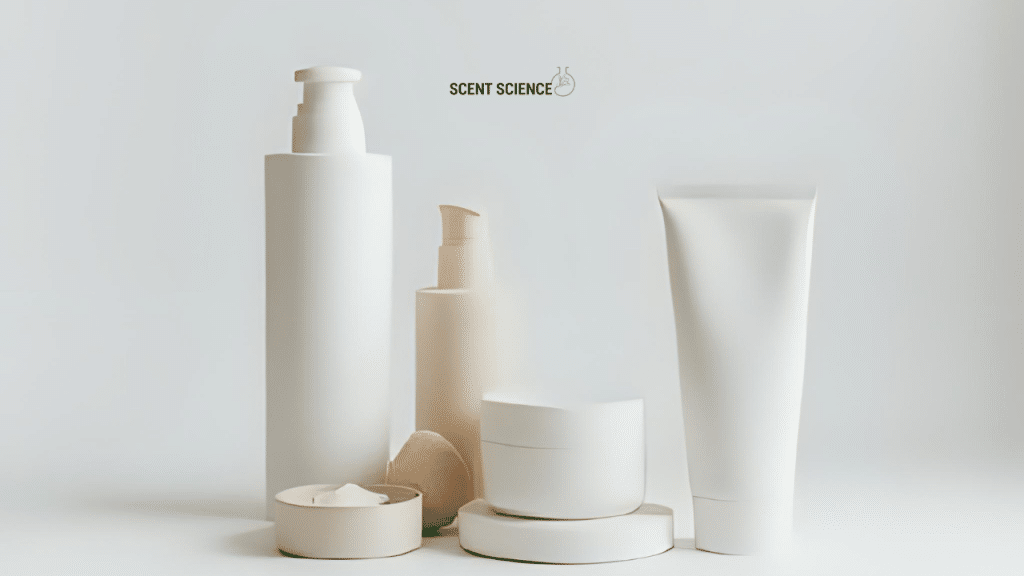If your skin stings, burns, or breaks out after trying new products, you’re not alone. For millions with sensitive skin, the search for the right skincare can feel frustrating and never-ending.
Here’s the good news: one of the biggest culprits might be fragrance—and removing it could be the breakthrough your skin needs.
Fragrance-free skincare is gaining momentum as a must-have for anyone with sensitivity, allergies, or inflammatory skin conditions. But what does “fragrance-free” actually mean, and how does it help?
In this article, you’ll discover:
- Why fragrance causes issues for sensitive skin
- The difference between “unscented” and “fragrance-free”
- What to look for in clean, non-irritating skincare
- Expert tips for switching to a fragrance-free routine
Table of Contents
ToggleWhy Fragrance Can Irritate Sensitive Skin
Fragrances—whether natural or synthetic—are one of the top causes of skin irritation and allergic reactions. According to dermatologists, fragrance-related reactions can include:
- Redness
- Burning or stinging
- Itching or dryness
- Eczema flare-ups
- Breakouts in acne-prone skin
Even products labeled as “natural” can include essential oils that contain volatile compounds, which may be irritating for those with compromised skin barriers.
Why it happens: Fragrance molecules are designed to evaporate and reach your nose—but as they do, they can also disrupt your skin’s microbiome or trigger immune responses.
“Fragrance-Free” vs. “Unscented”: Know the Difference
Many people assume that “unscented” products are safe—but there’s a big difference:
- Fragrance-Free: No added fragrance ingredients, including masking agents. Best for sensitive skin.
- Unscented: May still contain masking fragrances to neutralize odor, which can still irritate sensitive skin.
Always check the ingredients list. Look for terms like “fragrance,” “parfum,” or “essential oils”—even if the product claims to be gentle.
Who Should Use Fragrance-Free Skincare?

Fragrance-free is ideal for:
- Sensitive or allergy-prone skin
- Rosacea, eczema, or dermatitis
- Acne-prone skin (especially when inflamed)
- Post-procedure skin (chemical peels, laser treatments)
It’s also recommended for:
- Pregnant women (to reduce risk of allergic reactions)
- People with respiratory sensitivities (fragrance can be a trigger)
Note: Everyone can benefit from reducing fragrance exposure, even if you don’t currently experience irritation.
What to Look For in Fragrance-Free Skincare
When shopping for truly gentle skincare, prioritize:
- Clearly labeled “fragrance-free” products
- Short, simple ingredient lists with minimal actives
- Soothing ingredients like colloidal oatmeal, ceramides, aloe vera, or allantoin
- Non-comedogenic and dermatologist-tested formulas
Avoid:
- “Natural fragrance” or “essential oil blends”
- Botanical extracts (lavender, peppermint, citrus oils)
- Strong preservatives or alcohols (benzyl alcohol, denatured alcohol)
Top Fragrance-Free Skincare Products for 2025
Here are some editor-approved fragrance-free options trending this year:
- CeraVe Hydrating Cleanser – Gentle, non-stripping, and barrier-friendly
- La Roche-Posay Toleriane Double Repair Moisturizer – Lightweight but deeply hydrating
- Vanicream Moisturizing Cream – Rich cream ideal for dry, reactive skin
- Avene Thermal Spring Water Spray – Instant soothing mist for irritation or flare-ups
- The Ordinary Azelaic Acid Suspension 10% – Brightens skin while calming redness
These products are widely recommended by dermatologists for sensitive skin.
Transitioning to a Fragrance-Free Routine

Switching to a fragrance-free routine doesn’t have to be overwhelming. Try this step-by-step plan:
- Start with cleansers and moisturizers—the core of your routine.
- Eliminate all fragranced products for at least 4–6 weeks to assess your skin’s response.
- Patch-test new products on a small area before full application.
- Introduce actives slowly, starting with the gentlest formulas.
- Keep a skincare journal to track improvements or reactions.
Pro Tip: Look for trial-size kits of fragrance-free products to minimize waste while experimenting.
Conclusion
If you’ve been struggling with unpredictable breakouts, flare-ups, or irritation, fragrance-free skincare might be the game-changer your skin needs.
By eliminating a major irritant, you give your skin a chance to heal, rebalance, and thrive.
It’s not just a trend—it’s a science-backed shift toward safer, smarter skincare that prioritizes skin health over scent.
FAQs
Q: Are fragrance-free products boring or ineffective?
A: Not at all! They can be highly effective and often have better skin compatibility, especially for sensitive skin.
Q: Do natural products contain fragrance?
A: Many do. Essential oils are considered natural, but they can still irritate skin. Always check the label.
Q: Can I still wear perfume if I go fragrance-free with skincare?
A: Yes—but apply perfume to clothing or hair rather than directly on skin to reduce irritation.
Q: Is fragrance always bad in skincare?
A: Not for everyone. But for sensitive or reactive skin types, fragrance is one of the most common triggers.
Q: How long does it take to see improvements with fragrance-free skincare?
A: Some people notice calmer skin within days, but full results often appear in 4–6 weeks.
Ready to give your skin a fresh start?
Explore expert-backed, fragrance-free skincare routines at ScentScienceBeauty.com
Follow us on social media for tips, product reviews, and sensitive skin insights.







